
60 million Copilot code reviews and counting
How Copilot code review helps teams keep up with AI-accelerated code changes.

How Copilot code review helps teams keep up with AI-accelerated code changes.


Developers connected to Andela share how they’re learning AI tools inside real production workflows.


Here’s how we the search experience better, faster, and more resilient for GHES customers.
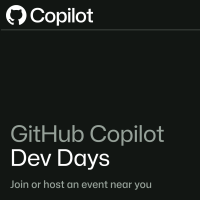
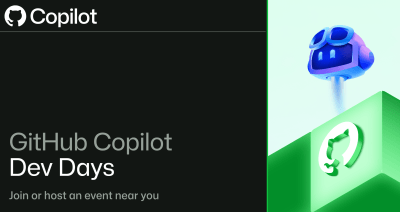
GitHub Copilot Dev Days is a global series of hands-on, in-person, community-led events designed to help developers explore real-world, AI-assisted coding.


Learn how to get organized and collaborate more efficiently with this step-by-step tutorial.


A hands-on guide to using GitHub Copilot CLI to move from intent to reviewable changes, and how that work flows naturally into your IDE and GitHub.


GitHub Copilot coding agent now includes a model picker, self-review, built-in security scanning, custom agents, and CLI handoff. Here’s what’s new and how to use it.


Here’s how we the search experience better, faster, and more resilient for GHES customers.


Developers can use their AI tool of choice for spec-driven development with this open source toolkit.


Learn how to write effective agents.md files for GitHub Copilot with practical tips, real examples, and templates from analyzing 2,500+ repositories.
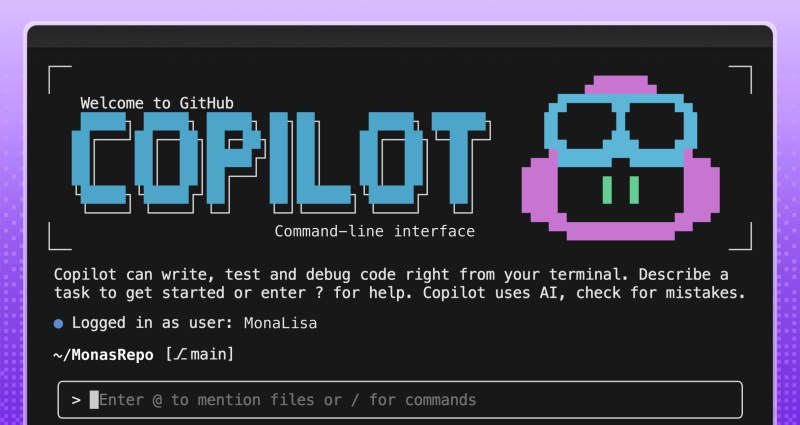

Learn how GitHub built an accessible, multi-terminal-safe ASCII animation for the Copilot CLI using custom tooling, ANSI color roles, and advanced terminal engineering.

User feedback led us to clean up outdated mitigations. See why observability and lifecycle management are critical for defense systems.

GitHub is introducing post-quantum secure key exchange methods for SSH access to better protect Git data in transit.

Our best practices for quickly identifying, resolving, and preventing issues at scale.

Plus, considerations in updating one of GitHub’s oldest and most heavily used features.
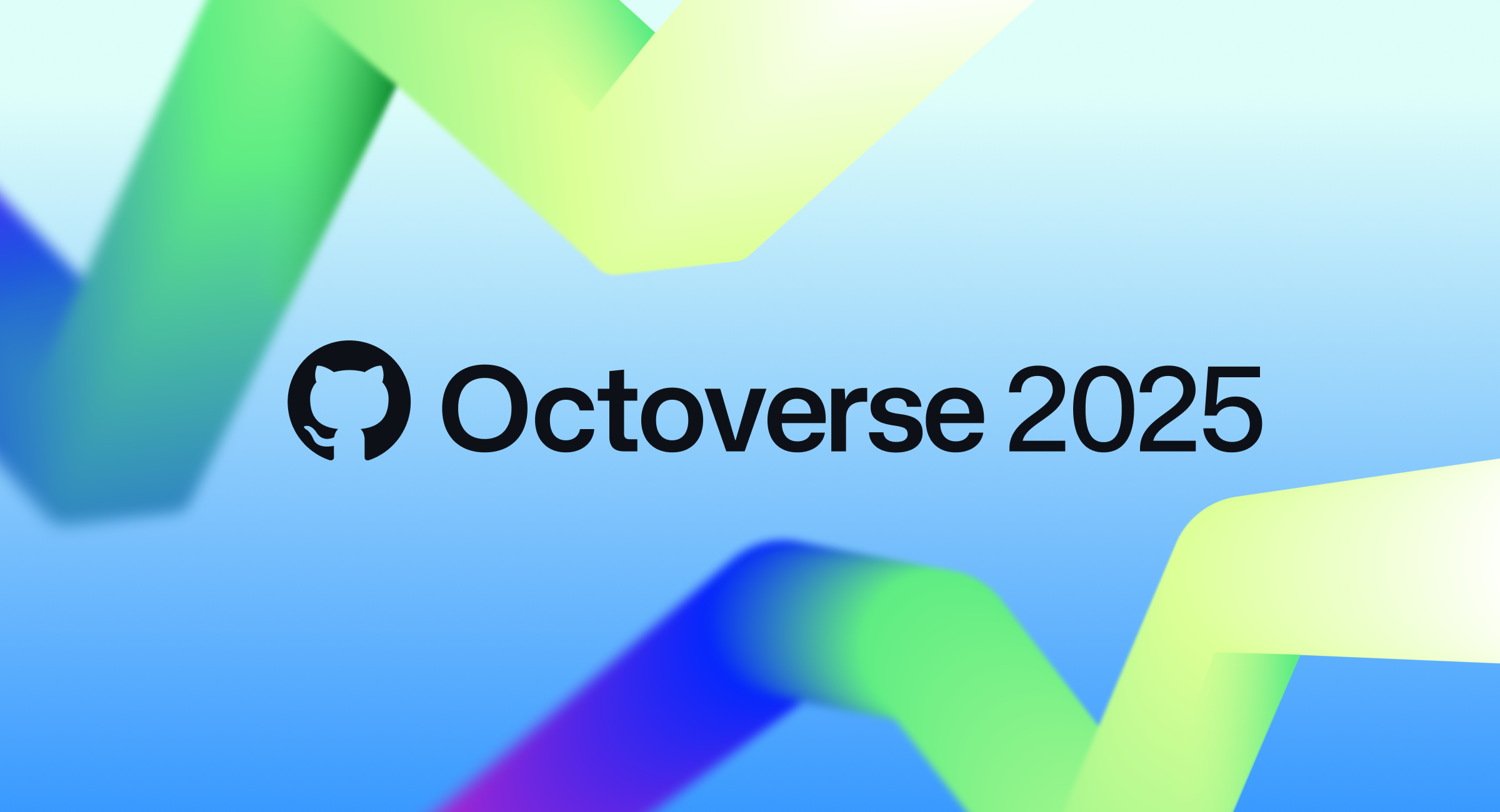
Dive into the key findings from Octoverse 2025! This year saw record-breaking growth with over 180 million developers now on GitHub. We explore three big shifts: generative AI becoming ordinary engineering, TypeScript’s rise to the #1 language, and how AI is influencing developer choices. See how the developer map is redrawing itself faster than ever.

In late 2021, the Log4Shell vulnerability sent shockwaves through the global tech community. Hear the untold, inside story from Christian Grobmeier, a maintainer of the Log4j project.

Twenty years ago, Linus Torvalds created the basis for Git in just 10 days, forever changing how developers collaborate on code. In this interview, Linus Torvalds discusses Git’s unexpected journey.


In January, we experienced two incidents that resulted in degraded performance across GitHub services.
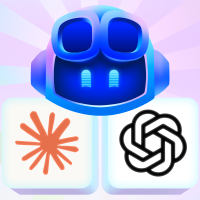

Claude by Anthropic and OpenAI Codex are now available in public preview on GitHub and VS Code with a Copilot Pro+ or Copilot Enterprise subscription. Here’s what you need to know and how to get started today.


What languages are growing fastest, and why? What about the projects that people are interested in the most? Where are new developers cutting their teeth? Let’s take a look at Octoverse data to find out.
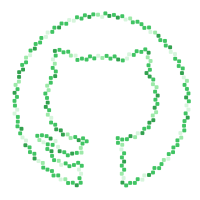
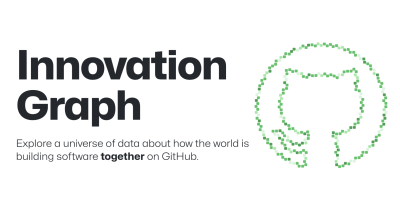
Discover the latest trends and insights on public software development activity on GitHub with data from the Innovation Graph through Q3 2025.


Read GitHub’s position on the European Open Digital Ecosystem Strategy and learn how to participate.
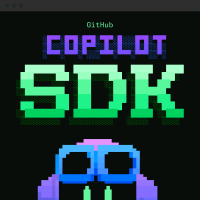
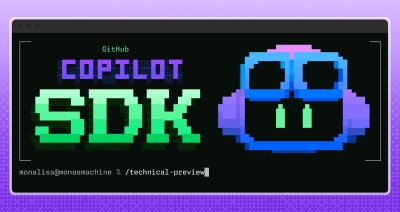
Now in technical preview, the GitHub Copilot SDK can plan, invoke tools, edit files, and run commands as a programmable layer you can use in any application.
Build what’s next on GitHub, the place for anyone from anywhere to build anything.
Catch up on the GitHub podcast, a show dedicated to the topics, trends, stories and culture in and around the open source developer community on GitHub.